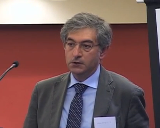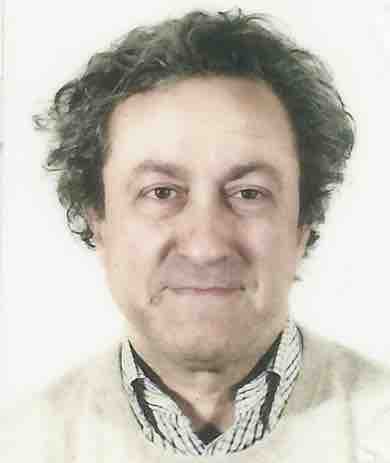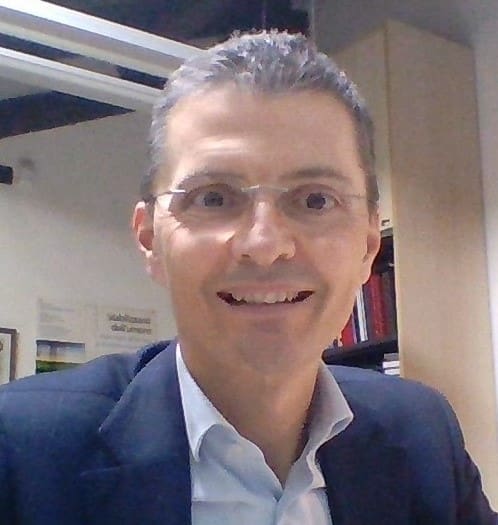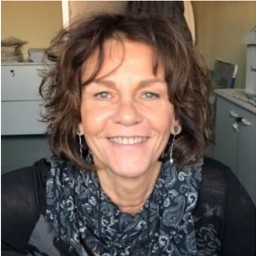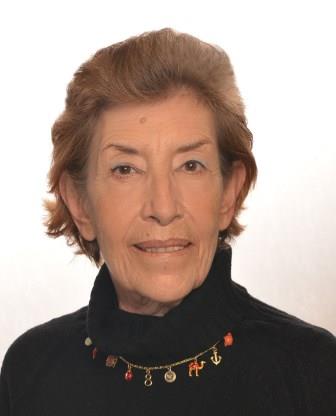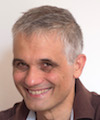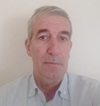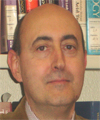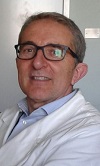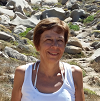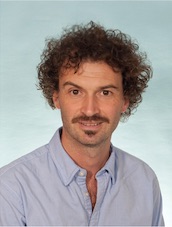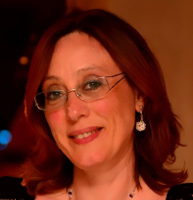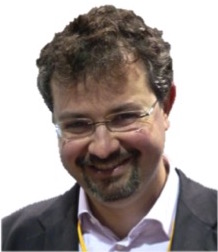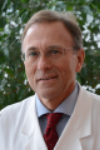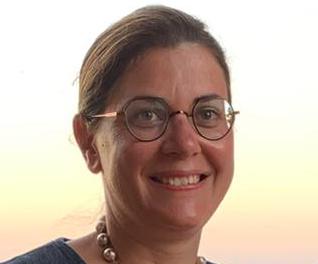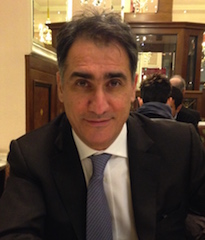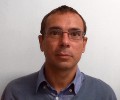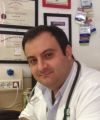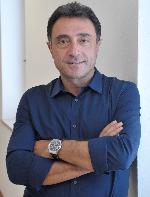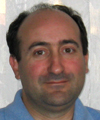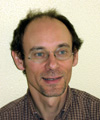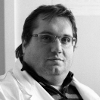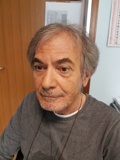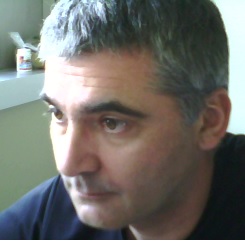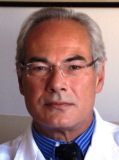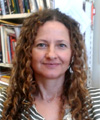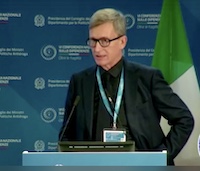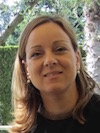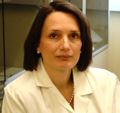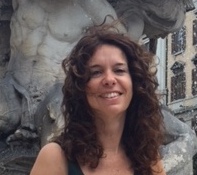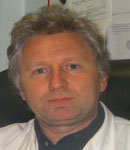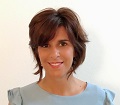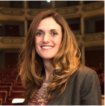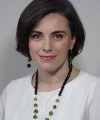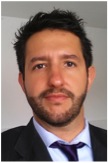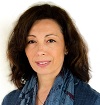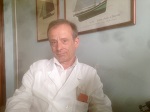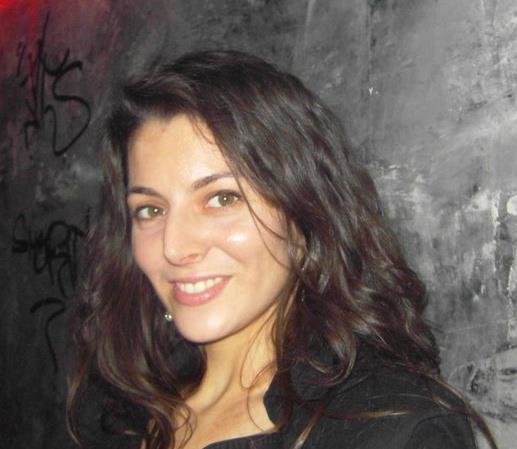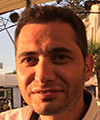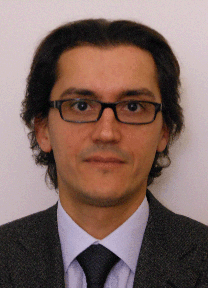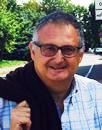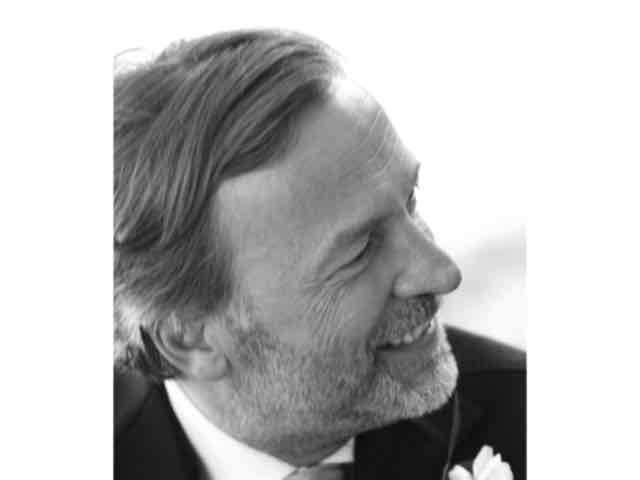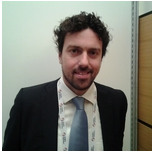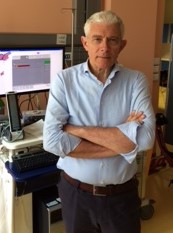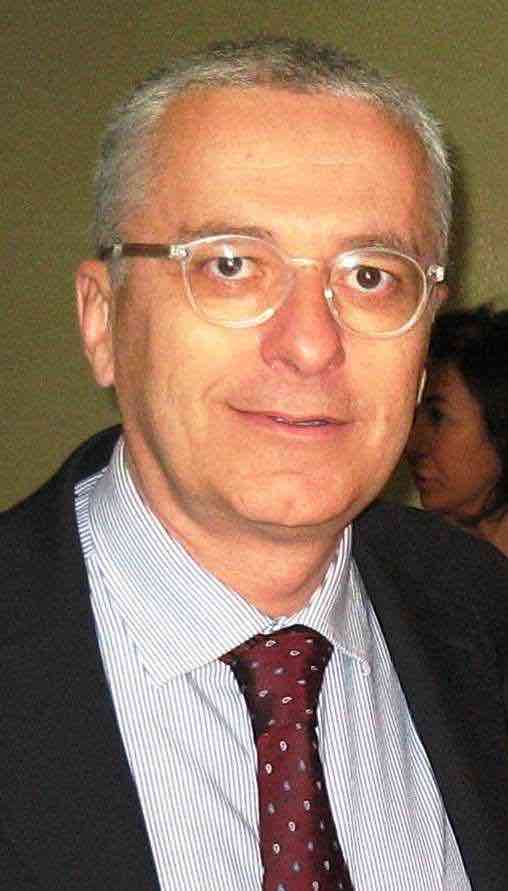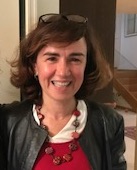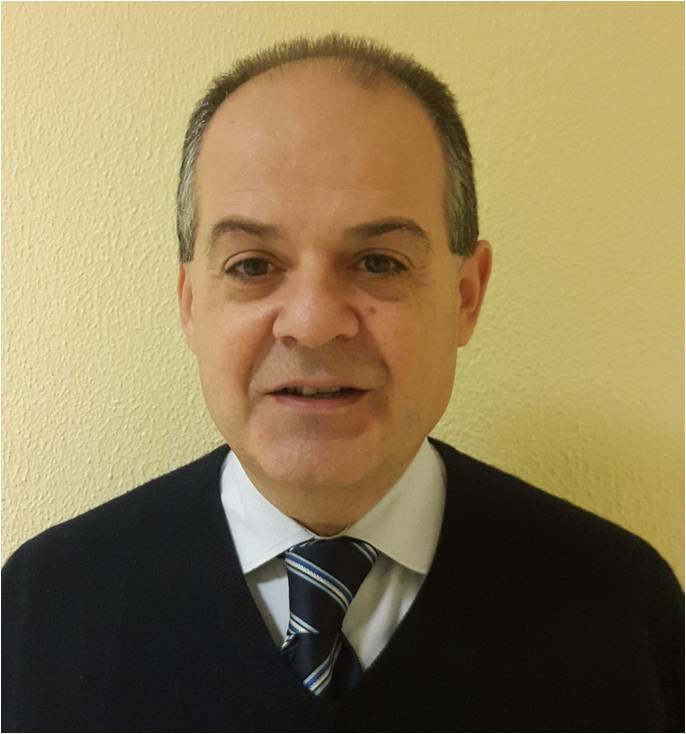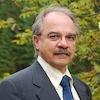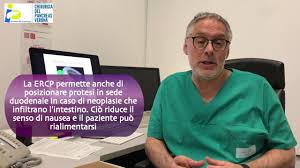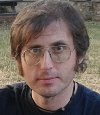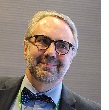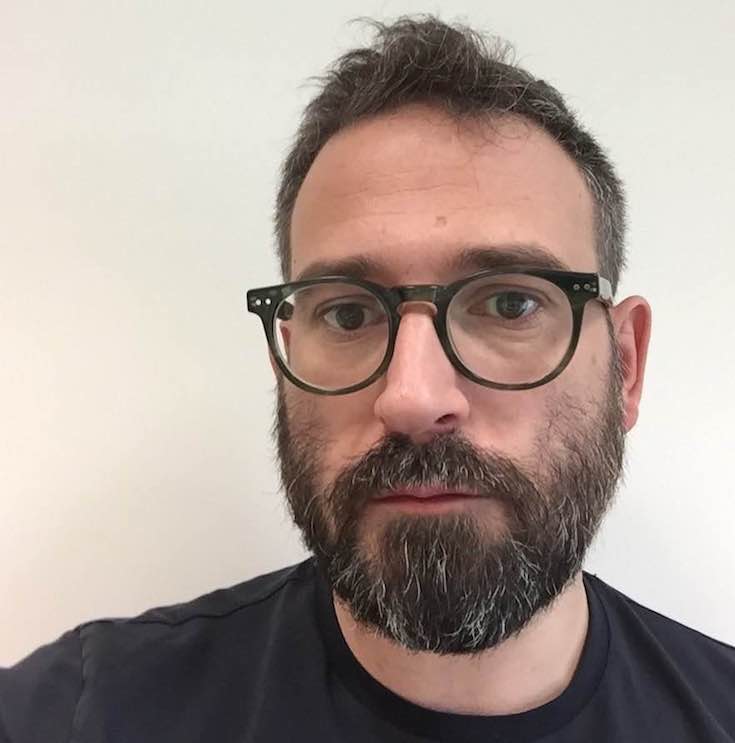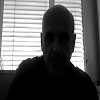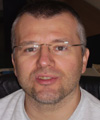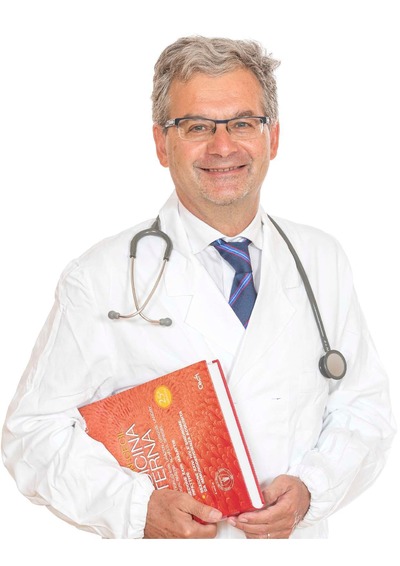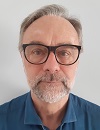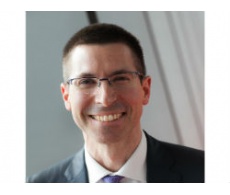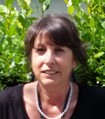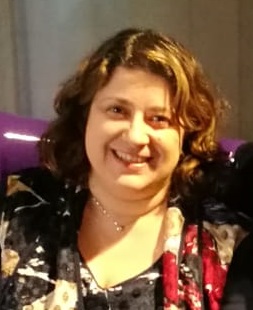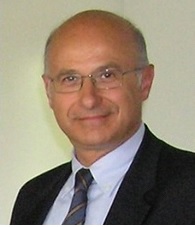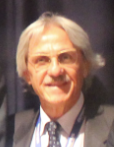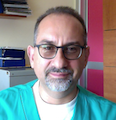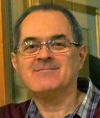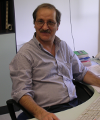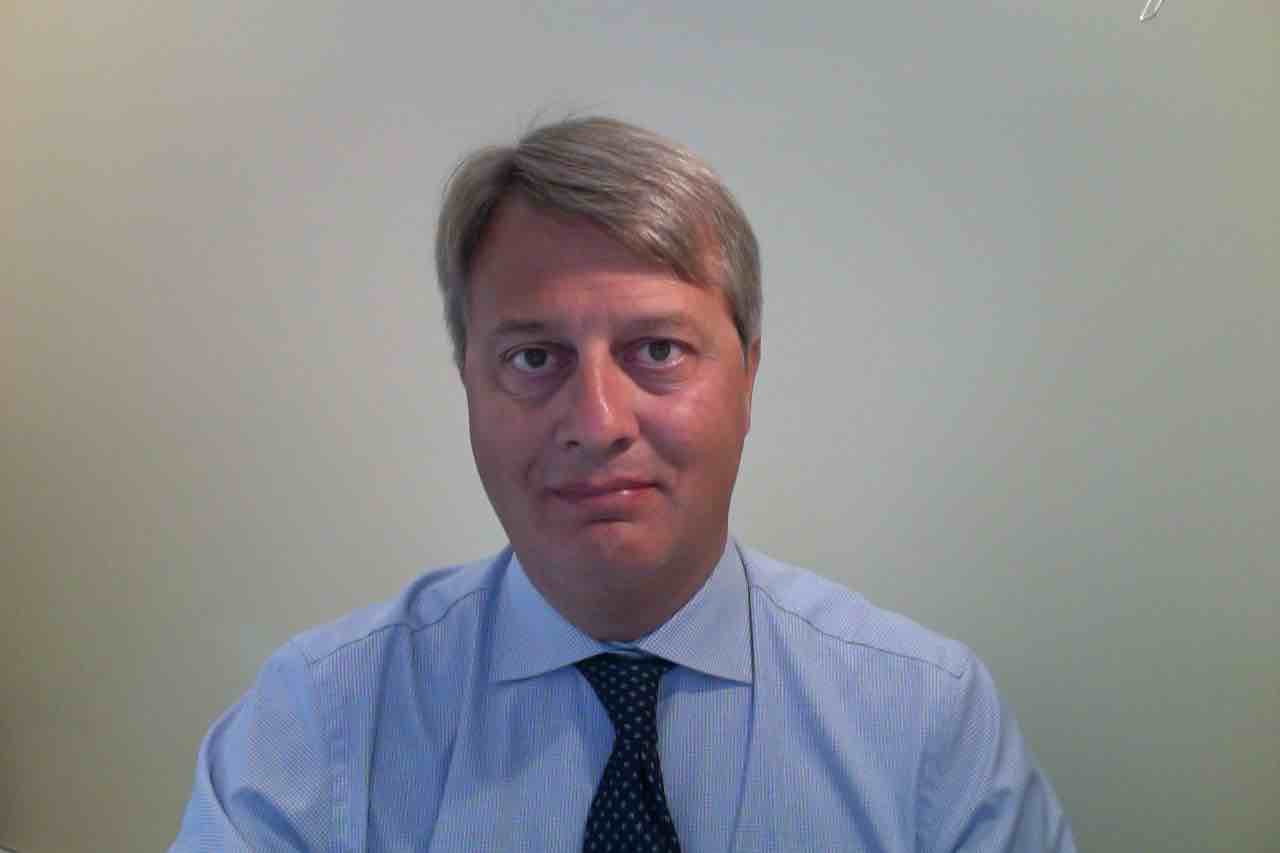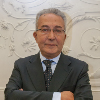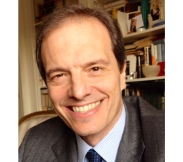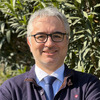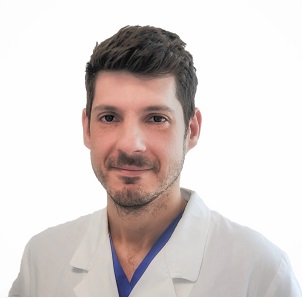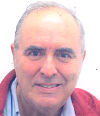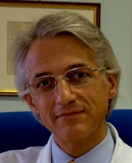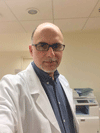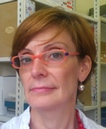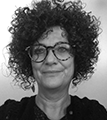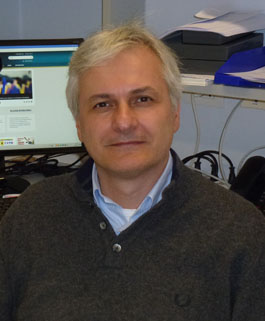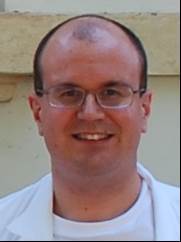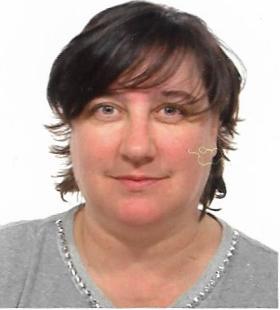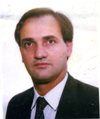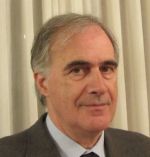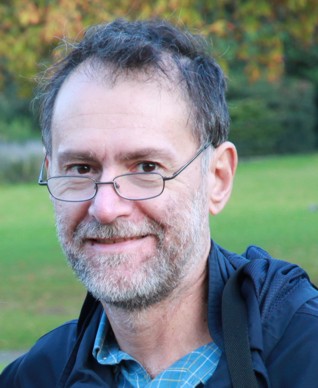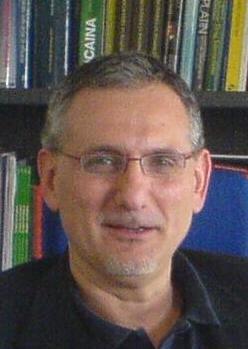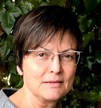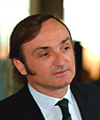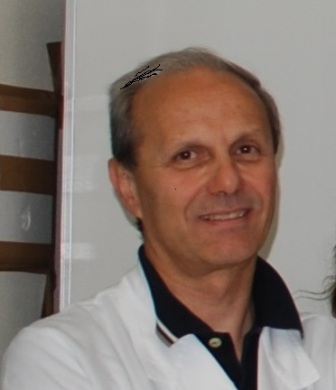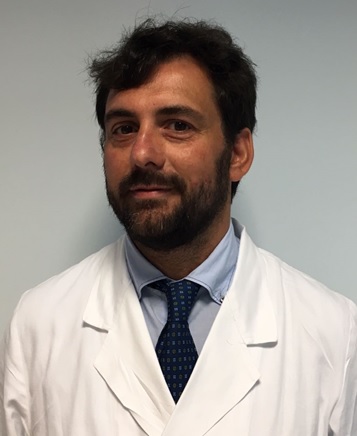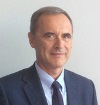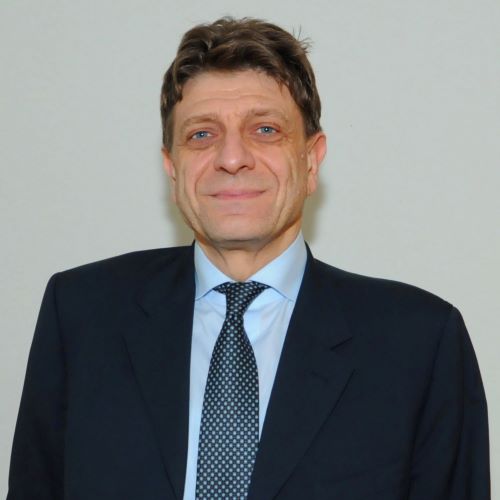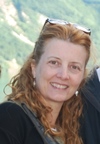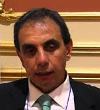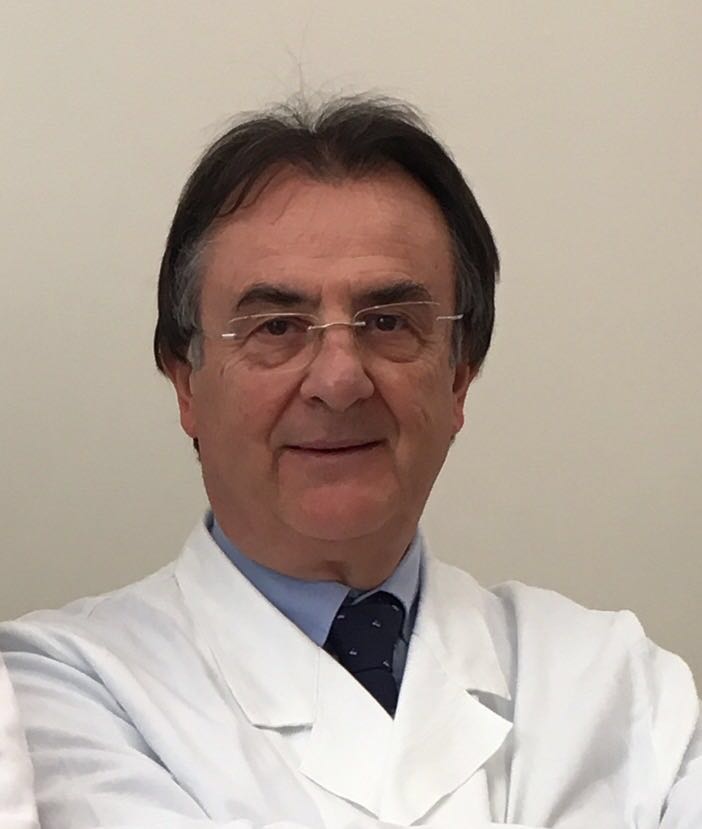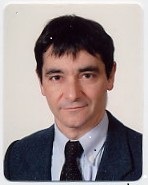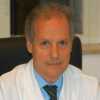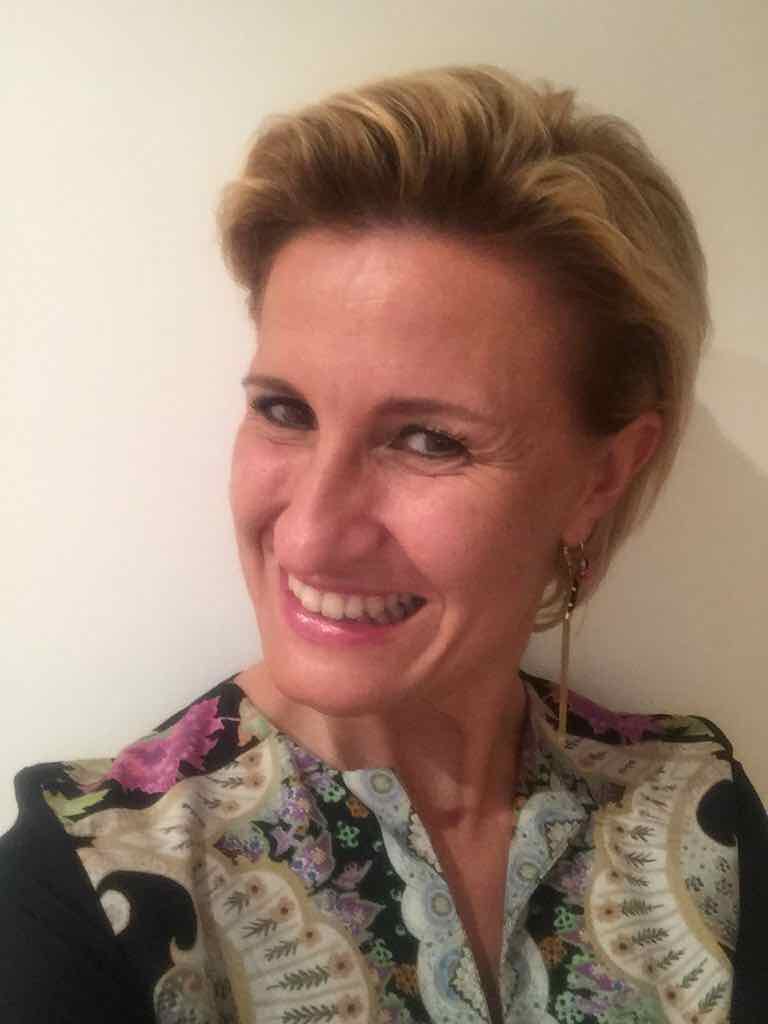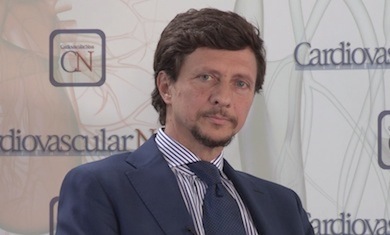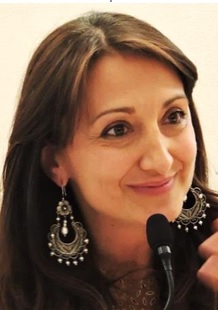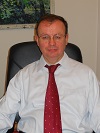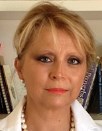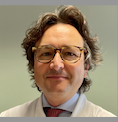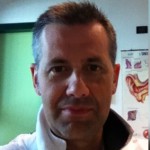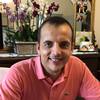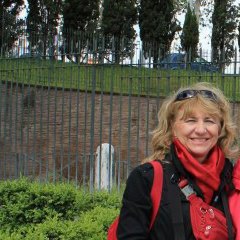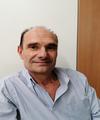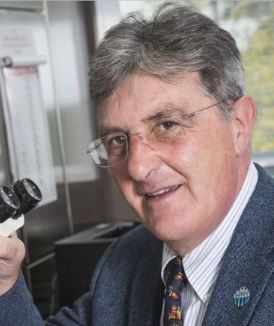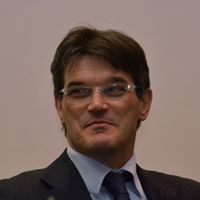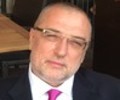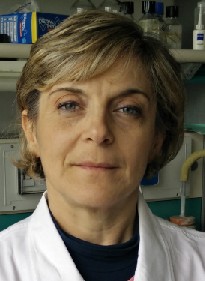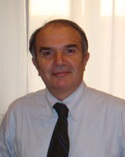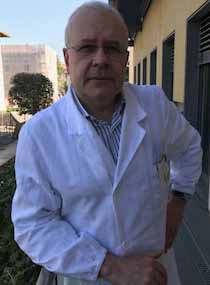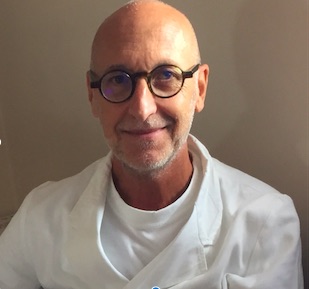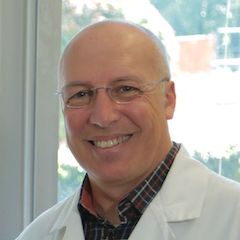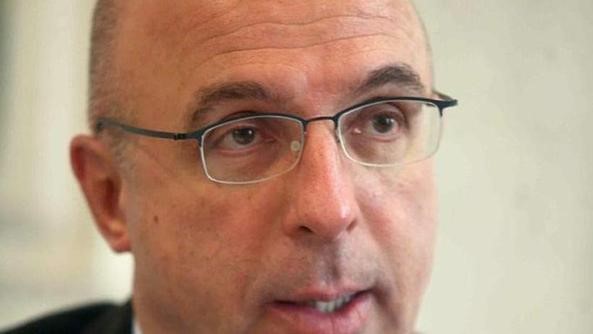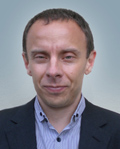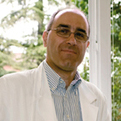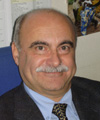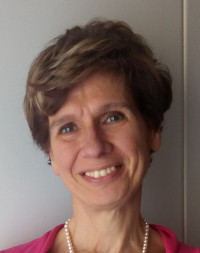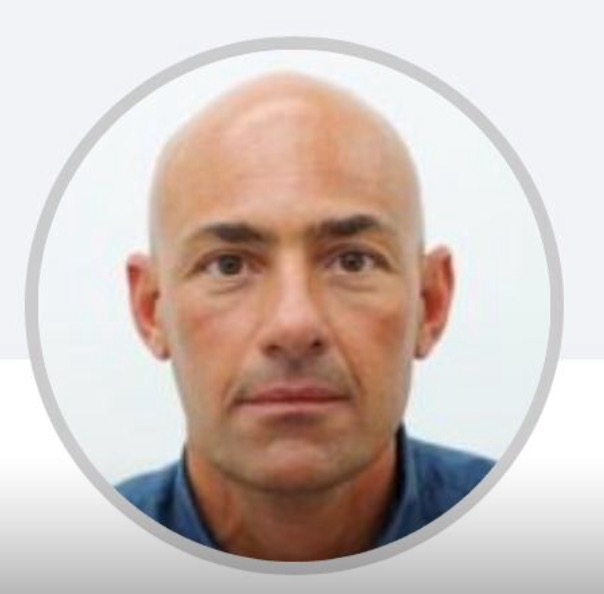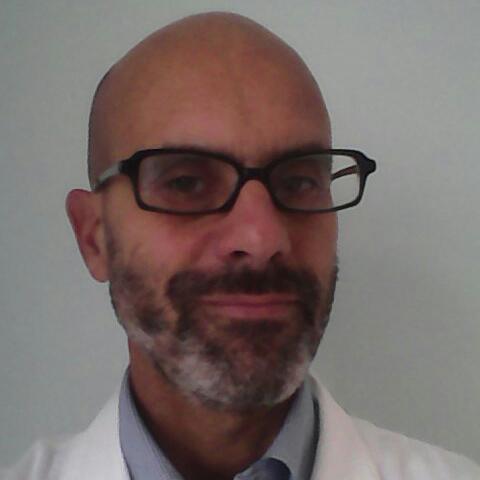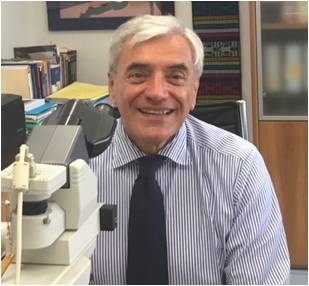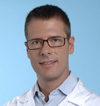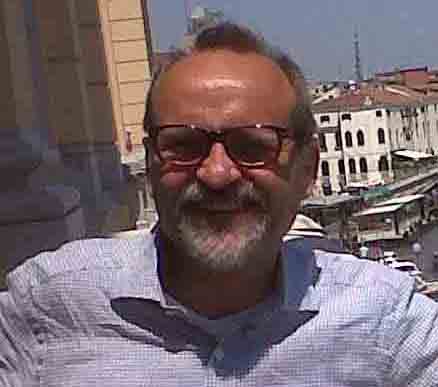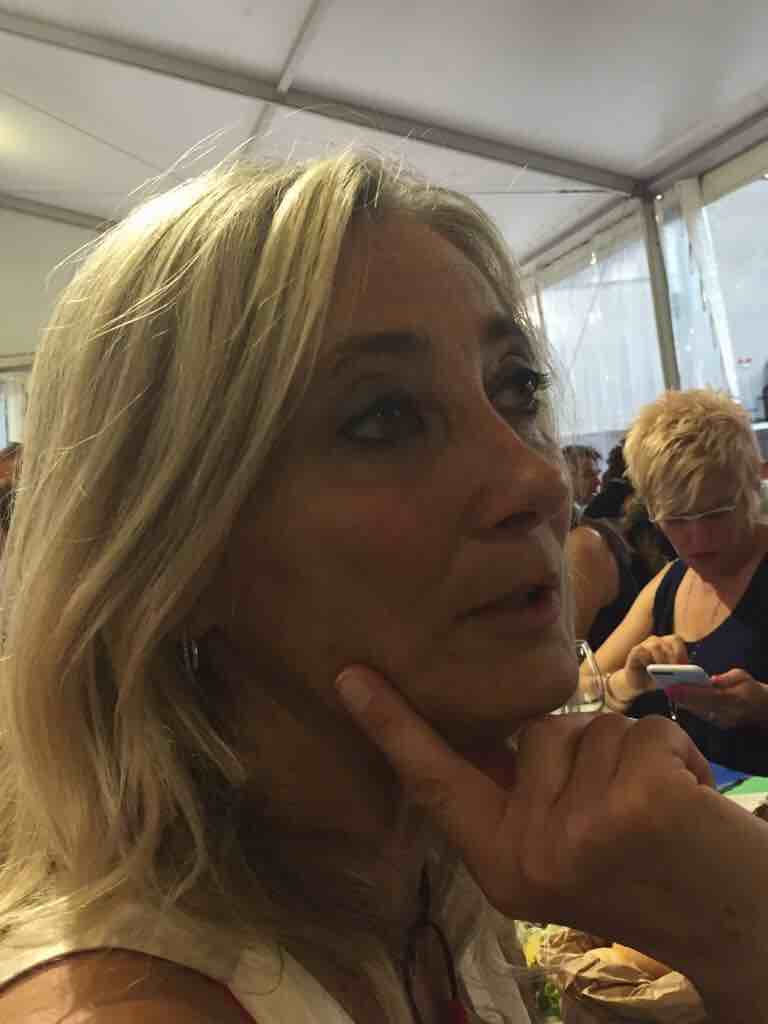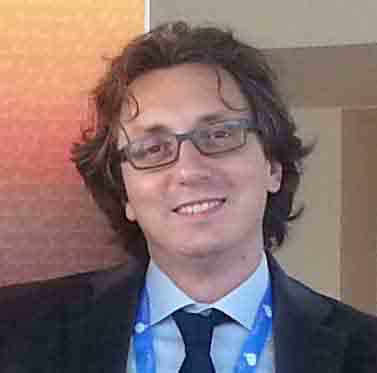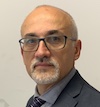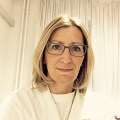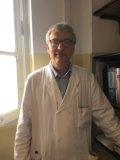Studying at the University of Verona
Academic calendar
The academic calendar shows the deadlines and scheduled events that are relevant to students, teaching and technical-administrative staff of the University. Public holidays and University closures are also indicated. The academic year normally begins on 1 October each year and ends on 30 September of the following year.
Course calendar
The Academic Calendar sets out the degree programme lecture and exam timetables, as well as the relevant university closure dates..
| Period | From | To |
|---|---|---|
| Lezioni 1° semestre 2°- 6° anno | Oct 2, 2017 | Dec 21, 2017 |
| Lezioni 1° semestre 1° anno | Oct 6, 2017 | Jan 12, 2018 |
| ACCOGLIENZA MATRICOLE - ore 14.00 AULA MAGNA "G. DE SANDRE" - LENTE DIDATTICA | Oct 6, 2017 | Oct 6, 2017 |
| Corsi elettivi 1° semestre | Oct 9, 2017 | Dec 21, 2017 |
| Lezioni 2° semestre - 6° anno | Jan 29, 2018 | Apr 27, 2018 |
| Corsi elettivi 2° semestre | Feb 19, 2018 | May 25, 2018 |
| Lezioni 2° semestre 1°- 5° anno | Feb 19, 2018 | May 25, 2018 |
| Session | From | To |
|---|---|---|
| Iscrizione Corsi elettivi 1° semestre | Sep 4, 2017 | Oct 4, 2017 |
| Sessione studenti fuori corso | Oct 2, 2017 | Sep 30, 2018 |
| Sessione invernale 2°-5° anno | Jan 8, 2018 | Feb 16, 2018 |
| Sessione invernale 6° anno | Jan 8, 2018 | Jan 26, 2018 |
| Iscrizione Corsi elettivi 2° semestre | Jan 12, 2018 | Feb 15, 2018 |
| Sessione invernale 1° anno | Jan 15, 2018 | Feb 16, 2018 |
| Sessione estiva 6° anno Gli esami che prevedono il tirocinio (Clinica Chirurgica, Clinica Medica e Geriatria, Pediatria, Ostetricia e Ginecologia) potranno essere sostenuti solo al termine delle lezioni e dopo aver completato il tirocinio in ciascuna di tali materie. Le propedeuticità vanno comunque rispettate e i laureandi nella sessione di luglio devono terminare gli esami entro il 25 giugno 2018) | May 2, 2018 | Jul 27, 2018 |
| Sessione estiva 1° - 5° anno | Jun 4, 2018 | Jul 27, 2018 |
| Sessione autunnale (i laureandi di ottobre devono terminare gli esami entro il 26.09.2018) | Sep 3, 2018 | Sep 28, 2018 |
| Session | From | To |
|---|---|---|
| sessione straordinaria 2016-2017 | Mar 12, 2018 | Mar 23, 2018 |
| Sessione estiva | Jul 9, 2018 | Jul 27, 2018 |
| Sessione autunnale | Oct 8, 2018 | Oct 19, 2018 |
| Period | From | To |
|---|---|---|
| All Saints Day | Nov 1, 2017 | Nov 1, 2017 |
| Festa Immacolata Concezione | Dec 8, 2017 | Dec 8, 2017 |
| Vacanze natalizie | Dec 22, 2017 | Jan 7, 2018 |
| Easter break | Mar 30, 2018 | Apr 3, 2018 |
| Liberation Day | Apr 25, 2018 | Apr 25, 2018 |
| Festa del Lavoro | May 1, 2018 | May 1, 2018 |
| Patron Saint Day | May 21, 2018 | May 21, 2018 |
| Republic Day | Jun 2, 2018 | Jun 2, 2018 |
| VACANZE ESTIVE | Aug 6, 2018 | Aug 19, 2018 |
| Description | Period | From | To |
|---|---|---|---|
| 2°-5° anno: attività pratiche e tutoriali 1° semestre | 2°-5° anno: attività pratiche e tutoriali 1° semestre | Oct 2, 2017 | Dec 21, 2017 |
| 6° anno:Tirocinio professionalizzante 1° semestre | 6° anno:Tirocinio professionalizzante 1° semestre | Oct 2, 2017 | Dec 21, 2017 |
| 6° anno:Tirocinio professionalizzante 2° semestre | 6° anno:Tirocinio professionalizzante 2° semestre | Jan 8, 2018 | Jun 8, 2018 |
| 1°-5° anno: attività pratiche e tutoriali 2° semestre | 1°-5° anno: attività pratiche e tutoriali 2° semestre | Feb 19, 2018 | May 25, 2018 |
Exam calendar
Exam dates and rounds are managed by the relevant Medicine Teaching and Student Services Unit.
To view all the exam sessions available, please use the Exam dashboard on ESSE3.
If you forgot your login details or have problems logging in, please contact the relevant IT HelpDesk, or check the login details recovery web page.
Should you have any doubts or questions, please check the Enrollment FAQs
Academic staff
 amod101@yahoo.it; antonio.amodio@ospedaleuniverona.it
amod101@yahoo.it; antonio.amodio@ospedaleuniverona.it

Bassi Claudio
 claudio.bassi@univr.it
claudio.bassi@univr.it
 +39 045 812 4553
+39 045 812 4553

Boner Attilio
 attilio.boner@univr.it
attilio.boner@univr.it
 +39 045 812 7873
+39 045 812 7873

Cornaglia Giuseppe
 giuseppe.cornaglia@univr.it
giuseppe.cornaglia@univr.it
 045 8027196
045 8027196
 zenodebattisti@tiscali.it
zenodebattisti@tiscali.it
 roxannebarbara.doerr@univr.it
roxannebarbara.doerr@univr.it
 giuseppe.faggian@univr.it
giuseppe.faggian@univr.it
 marco.ferdeghini@univr.it
marco.ferdeghini@univr.it
 045 812 47 84 (Segreteria) 045 802 74 89 (Segreteria di Istituto)
045 812 47 84 (Segreteria) 045 802 74 89 (Segreteria di Istituto)
 davide.gatti@univr.it
davide.gatti@univr.it
 guido.martignoni@univr.it
guido.martignoni@univr.it
 oliviero.olivieri@univr.it
oliviero.olivieri@univr.it
 sara.pilotto@univr.it
sara.pilotto@univr.it
 daniele.prati@univr.it
daniele.prati@univr.it
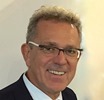
Scuro Alberto
 alberto.scuro@univr.it
alberto.scuro@univr.it
 +39 045 812 4413
+39 045 812 4413
Study Plan
The Study Plan includes all modules, teaching and learning activities that each student will need to undertake during their time at the University.
Please select your Study Plan based on your enrollment year.
1° Year
| Modules | Credits | TAF | SSD |
|---|
2° Year activated in the A.Y. 2018/2019
| Modules | Credits | TAF | SSD |
|---|
3° Year activated in the A.Y. 2019/2020
| Modules | Credits | TAF | SSD |
|---|
4° Year activated in the A.Y. 2020/2021
| Modules | Credits | TAF | SSD |
|---|
5° Year activated in the A.Y. 2021/2022
| Modules | Credits | TAF | SSD |
|---|
6° Year activated in the A.Y. 2022/2023
| Modules | Credits | TAF | SSD |
|---|
| Modules | Credits | TAF | SSD |
|---|
| Modules | Credits | TAF | SSD |
|---|
| Modules | Credits | TAF | SSD |
|---|
| Modules | Credits | TAF | SSD |
|---|
| Modules | Credits | TAF | SSD |
|---|
| Modules | Credits | TAF | SSD |
|---|
Legend | Type of training activity (TTA)
TAF (Type of Educational Activity) All courses and activities are classified into different types of educational activities, indicated by a letter.
Free choice courses
Medical and scientific English (2017/2018)
Teaching code
4S001657
Teacher
Coordinator
Credits
3
Language
Italian
Scientific Disciplinary Sector (SSD)
L-LIN/12 - LANGUAGE AND TRANSLATION - ENGLISH
Period
Lezioni 1° semestre 2°- 6° anno dal Oct 2, 2017 al Dec 21, 2017.
Location
VERONA
Learning outcomes
The course aims at providing students attending the medicine and surgery degree course with the necessary linguistic competences for the written and oral comprehension and production of medical and scientific texts. For this reason, the course will pay special attention to the lexical, syntactic and pragmatic dimensions of the specialized English that is employed in medical and academic fields in general.
Prior knowledge of the English language (a minimum of 5 years of study at high school or 250 hours of study at a language school or institution) is necessary.
Program
The course (24 hours total) will concentrate on the reading, analysis and comprehension of medical texts as well as on conversational situations that take place in English between patients and physicians. Each face-to-face lesson will focus on a specific topic while considering peculiar aspects of English and American medical organizations. Written and oral phraseology of medical and academic contexts will also be taken into consideration. The lessons will consist in explanations concerning the main topic and in practical exercises and detailed analyses to consolidate the content of the lesson.
| Author | Title | Publishing house | Year | ISBN | Notes |
|---|---|---|---|---|---|
| Eric H. Glendinning, Ron Howard | Professional English in Use: Medicine | Cambridge University Press | 2008 | Ulteriore materiale ed esercizi tratti da altri testi sarà reperibile nella pagina moodle del corso. Further material and exercises from other text books will be provided in the moodle page of the course. |
Examination Methods
The final exam will consist in a written exam containing both theoretical questions and practical exercises based on the content of the lessons presented during the course and on the exercises completed in class and at home. The final grade will be expressed in thirtieths.
Starting from the B2 level of the CEFR (Common European Framework of Reference for Languages), language certificates issued by the CLA (Centro Linguistico di Ateneo) and other recognized institutions will entitle students to receive extra grades at the exam. Please contact the teacher for further information.
Career prospects
Module/Programme news
News for students
There you will find information, resources and services useful during your time at the University (Student’s exam record, your study plan on ESSE3, Distance Learning courses, university email account, office forms, administrative procedures, etc.). You can log into MyUnivr with your GIA login details: only in this way will you be able to receive notification of all the notices from your teachers and your secretariat via email and soon also via the Univr app.
Erasmus+ e altre esperienze all'estero
Extra courses and activities
Opzioni (cambio di ordinamento)
Studenti iscritti alla classe LM/41 (Classe delle lauree magistrali in medicina e chirurgia)
Il MUR, con nota prot. n. 8610 del 25/3/2020 avente oggetto: “Abilitazione all’esercizio della professione di Medico-Chirurgo - art. 102 - Decreto legge 17 marzo 2020 n. 18 (convertito con modificazioni dalla L. 24 aprile 2020, n. 27), dispone l’adeguamento dell’ordinamento della classe LM/41 alle normative citate in oggetto.
Coloro i quali hanno concluso/concluderanno il tirocinio pratico-valutativo pre-lauream con giudizio di idoneità (ai sensi del DM 58/2018), conseguita la laurea, sono abilitati all’esercizio della professione di medico-chirurgo e possono procedere all’iscrizione presso l’Ordine dei Medici.
Rilascio del titolo di abilitazione
Ai fini del rilascio dell’abilitazione professionale è richiesto il pagamento delle seguenti tasse:
- tassa erariale pari a € 49,90 da versarsi prima che inizi la frequenza del tirocinio pratico valutativo
- tassa regionale di abilitazione da versarsi all’atto della consegna del titolo di abilitazione.
Studenti iscritti alla classe 46/S (Classe delle lauree specialistiche in medicina e chirurgia) e ordinamenti previgenti (attualmente fuori corso) oppure studenti iscritti alla classe LM/41 con coorti antecedenti alla coorte 2014 (attualmente fuori corso).
Il MUR, con nota prot. n. 8610 del 25/3/2020 avente oggetto: “Abilitazione all’esercizio della professione di Medico-Chirurgo - art. 102 - Decreto legge 17 marzo 2020 n. 18” dispone che, gli iscritti agli ordinamenti previgenti, con tirocinio pratico previsto post – laurea (ai sensi del DM 445/2001), ferme restando le norme sulla decadenza dagli studi, possono concludere il percorso di studio senza dovere necessariamente acquisire, ai fini dell’ammissione all’esame finale di laurea, il giudizio di idoneità del suddetto tirocinio pratico valutativo. In tal caso il diploma di laurea che rilascerà l’Ateneo avrà la sola valenza di titolo accademico. Resterà ferma, in ogni caso la possibilità per tali soggetti di conseguire eventualmente l’abilitazione all’esercizio della professione di medico-chirurgo in un momento successivo, secondo le modalità di cui al comma 2 dell’art.102, cioè conseguendo la valutazione del tirocinio prescritta dal D.M. n. 445/2001. L’Ateneo continuerà a predisporre un separato diploma di abilitazione.
Si ricorda che ai suddetti studenti è in ogni caso consentita l’opzione al nuovo ordinamento secondo i termini e le modalità previste.
Documents
| Title | Info File |
|---|---|
|
|
pdf, it, 525 KB, 14/06/21 |
|
|
pdf, it, 419 KB, 14/06/21 |
|
|
pdf, it, 377 KB, 12/12/23 |
|
|
pdf, it, 483 KB, 10/02/23 |
|
|
pdf, it, 481 KB, 10/02/23 |
Timetable
Documents
| Title | Info File |
|---|---|
|
|
pdf, it, 19 KB, 12/02/24 |
|
|
pdf, it, 18 KB, 28/02/24 |
|
|
pdf, it, 21 KB, 29/02/24 |
|
|
pdf, it, 21 KB, 27/02/24 |
|
|
pdf, it, 18 KB, 07/03/24 |
|
|
pdf, it, 12 KB, 21/02/24 |
|
|
pdf, it, 781 KB, 29/02/24 |
|
|
pdf, it, 280 KB, 29/11/23 |
|
|
pdf, it, 548 KB, 22/09/23 |
Graduation
Documents
| Title | Info File |
|---|---|
|
|
pdf, it, 353 KB, 28/02/24 |
|
|
pdf, it, 249 KB, 22/02/24 |
|
|
pdf, it, 354 KB, 22/02/24 |
|
|
pdf, it, 248 KB, 22/02/24 |
|
|
pdf, it, 351 KB, 22/02/24 |
|
|
pdf, it, 249 KB, 22/02/24 |
|
|
pdf, it, 104 KB, 25/09/23 |
|
|
pdf, it, 838 KB, 17/03/22 |
|
|
pdf, it, 826 KB, 27/10/21 |
